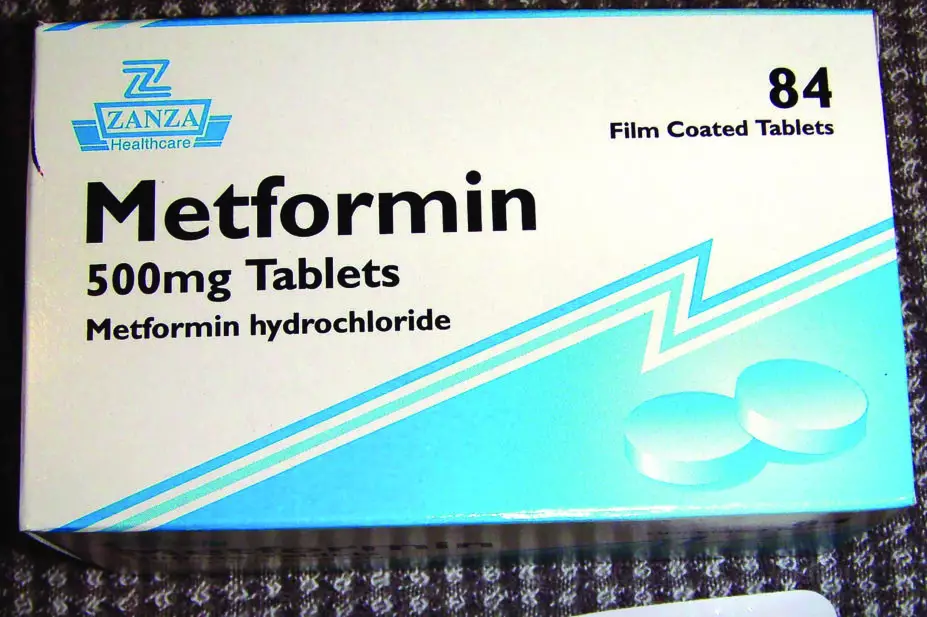
Wikimedia Commons
Removing two non-essential amino acids from the diet of mice slows tumour growth and significantly extends survival, according to research published in Nature
[1]
(online, 19 April 2017).
The amino acids, serine and glycine, help to support cancer cell growth and proliferation. To assess the effect of serine and glycine in tumour models, the researchers used genetically engineered mouse models of lymphoma and intestinal tumours. They found that transferring mice from a normal diet to experimental diets 60–80 days after birth showed that a serine and glycine (SG)-free diet significantly extended survival in models carrying pre-malignant lesions.
The researchers also tested the effect of a SG-free diet on larger tumours in xenograft models and found that it reduced tumour growth.
However, tumours with an activated KRAS gene, such as in pancreatic and intestinal cancers, were resistant to the SG-free diet as the KRAS gene has the ability to promote serine synthesis itself.
The study also considered the effect of the diet on the performance of metformin, which is currently being trialled as an anti-cancer agent. In vitro, it was found that when coupled with an SG-free diet, higher doses of metformin had the potential to be more effective as an anti-cancer agent. When carried out in vivo, however, the metformin levels reaching tissues were found to be too low to have an anticancer effect.
“Our findings suggest that restricting specific amino acids through a controlled diet plan could be an additional part of treatment for some cancer patients in future, helping to make other treatments more effective,” says Oliver Maddocks, a scientist at Cancer Research UK and from the University of Glasgow.
The next steps for this research will be human clinical trials.
“This kind of restricted diet would be a short-term measure and must be carefully controlled and monitored by doctors for safety,” says Karen Vousden, chief scientist at Cancer Research UK and study co-author. “Our diet is complex and protein – the main source of all amino acids – is vital for our health and well-being.”
References
[1] Maddocks ODK, Athineos D, Cheung E et al. Modulating the therapeutic response of tumours to serine and glycine starvation. Nature 2017. doi: 10.1038/nature22056.


